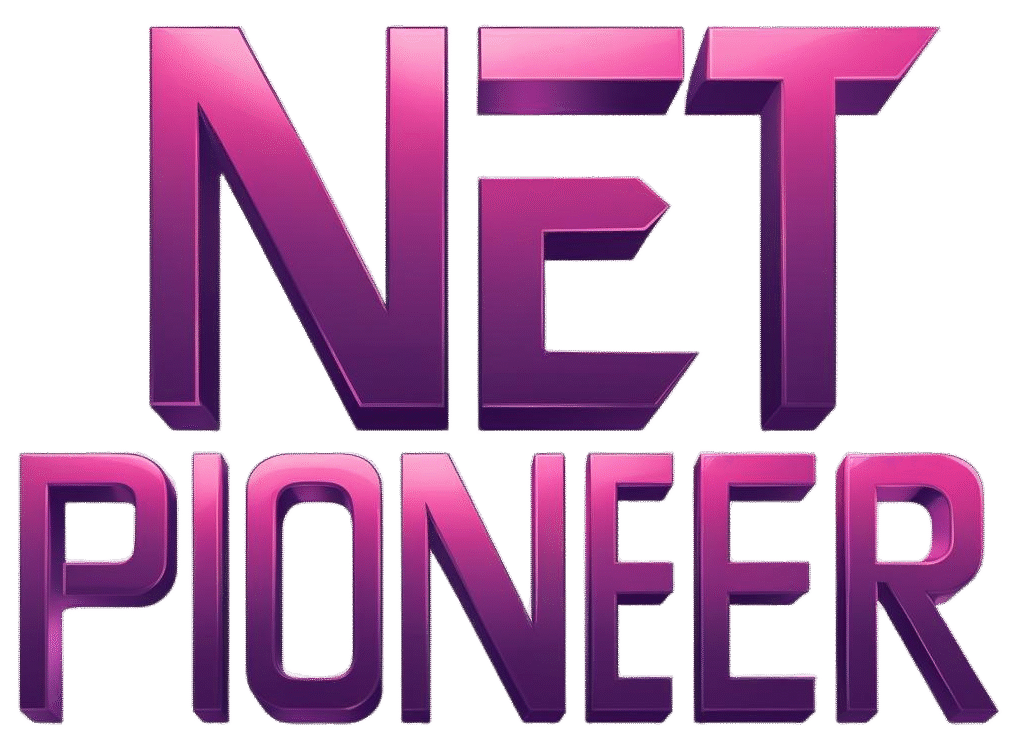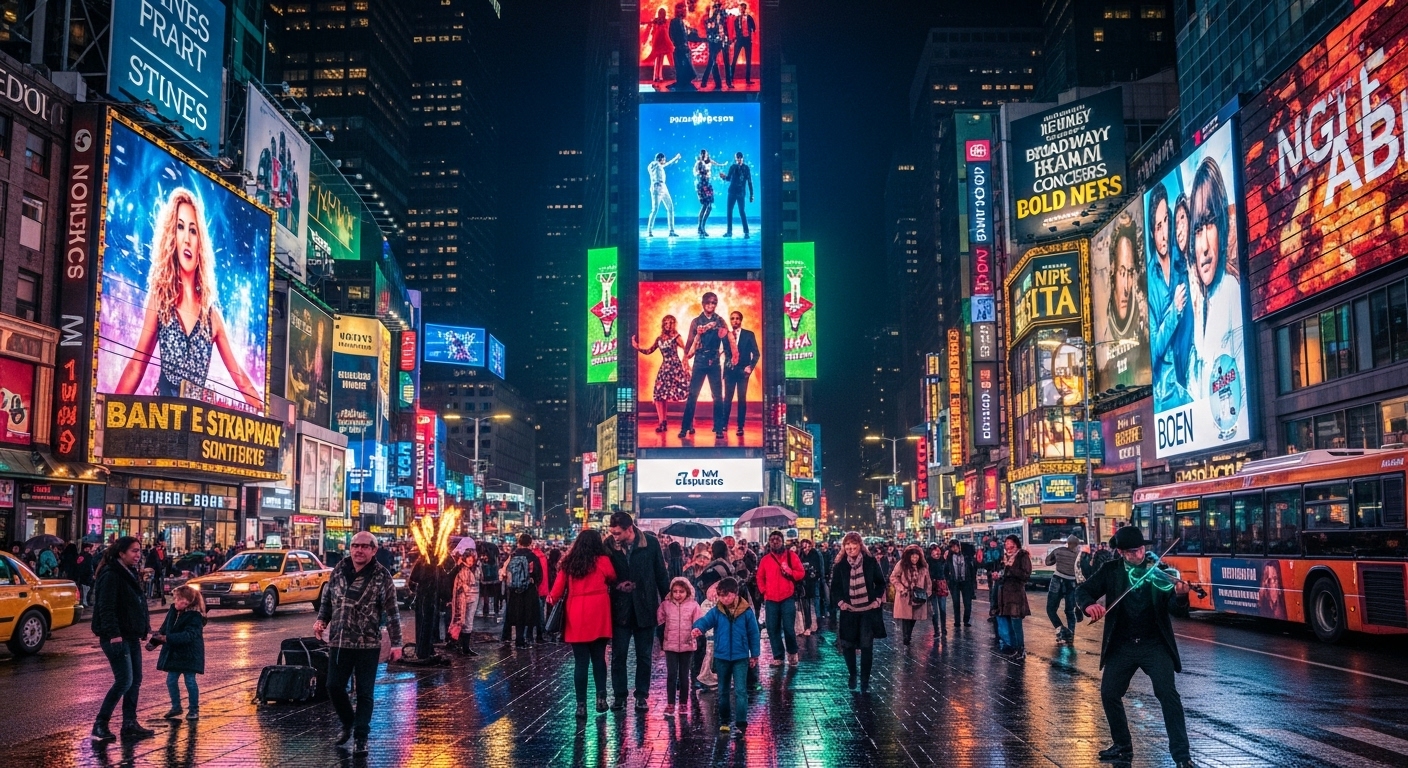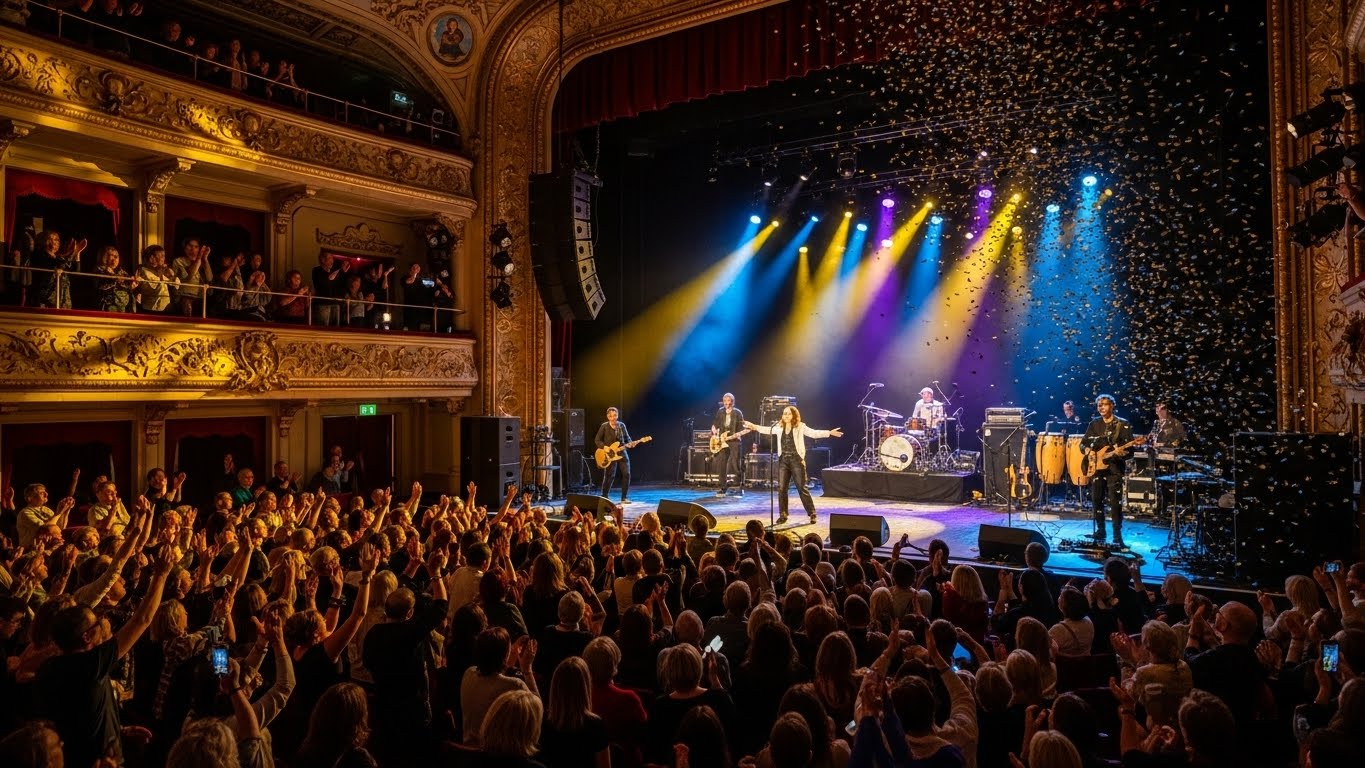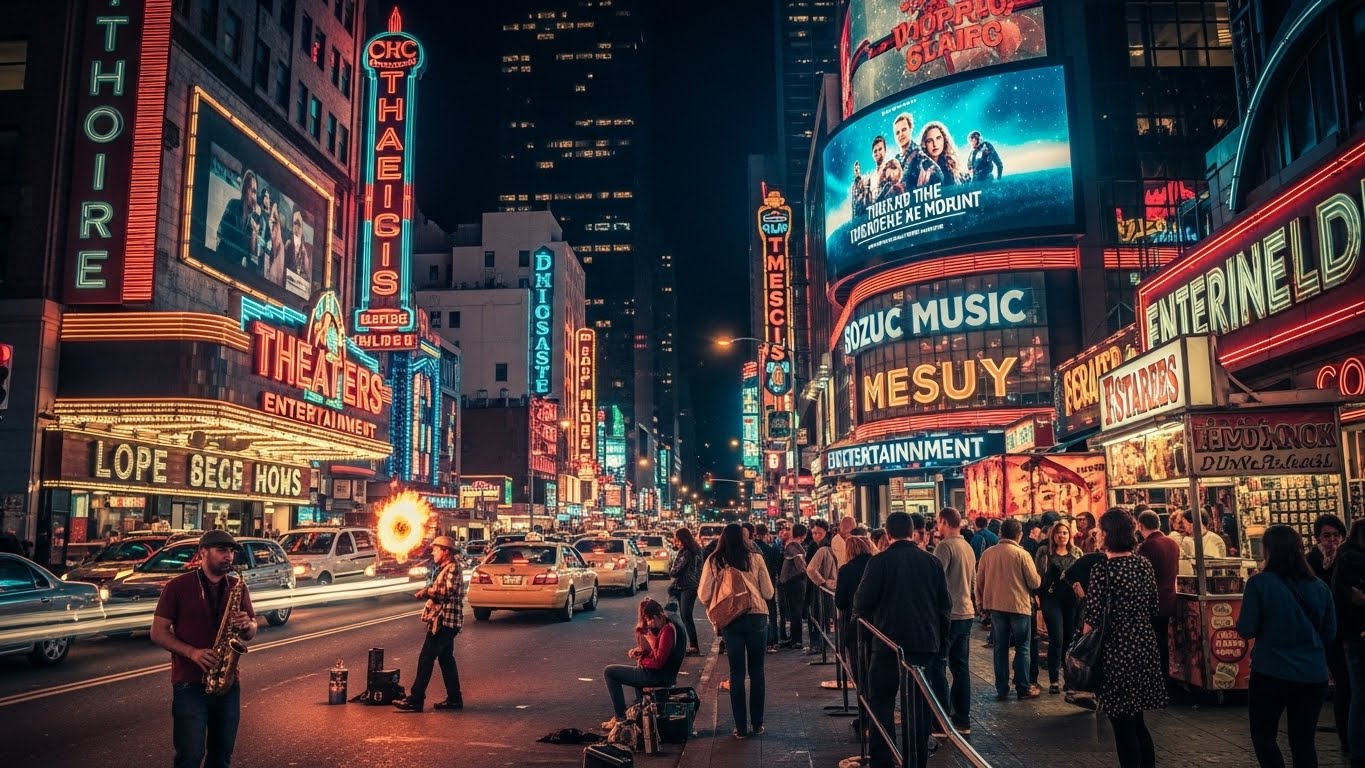Introduction
Entertainment is an integral part of human life. It provides joy, relaxation, and inspiration, helping people escape the stresses of everyday life. From ancient storytelling to modern digital media, entertainment has evolved tremendously, shaping culture, trends, and societal values. Today, it goes beyond amusement, influencing lifestyles, technology, and human connections.
The Origins of Entertainment
Entertainment has been part of human civilization for thousands of years. Early humans engaged in storytelling, music, dance, and theatrical performances as a way to bond and express creativity. These activities were more than amusement—they were tools for education, cultural preservation, and community engagement. Over time, these forms evolved into structured performances and festivals, laying the groundwork for modern entertainment.
Cinema and Television: Bringing Stories to Life
Movies and television have transformed entertainment by bringing stories to life in visually compelling ways. Cinema offers immersive experiences that transport audiences to different worlds, emotions, and time periods. Television provides continuous access to news, dramas, reality shows, and documentaries, shaping public opinion and popular culture. Both mediums have become central to entertainment, influencing fashion, language, and social conversations.
The Rise of Digital Entertainment
With the advancement of technology, digital entertainment has grown rapidly. Streaming platforms, online videos, and virtual events allow audiences to consume content anytime, anywhere. Social media platforms enable fans to interact with creators and fellow viewers, creating a more engaging and connected experience. This digital revolution has made entertainment more accessible, personalized, and immersive than ever before.
Music and Performing Arts
Music remains one of the most universal forms of entertainment, connecting people across cultures and generations. Live concerts, music festivals, and virtual performances continue to inspire audiences and foster emotional connection. Performing arts, including theater, dance, and comedy, offer live experiences that highlight human creativity and storytelling. These forms remind us of the power of live expression in a fast-paced digital world.
Gaming and Interactive Entertainment
Gaming has emerged as a dominant form of modern entertainment. Video games combine storytelling, strategy, and interaction, creating highly immersive experiences. Competitive gaming, or eSports, has transformed gaming into a professional field with global tournaments, professional players, and millions of spectators. Interactive entertainment allows audiences to participate actively, rather than just observe, redefining the boundaries of traditional entertainment.
Technology’s Role in Entertainment
Technology drives the evolution of entertainment. High-speed internet, virtual reality, augmented reality, and artificial intelligence have expanded possibilities for content creation and consumption. These advancements allow creators to innovate in storytelling, visuals, and sound, while audiences can enjoy interactive and immersive experiences. Technology has transformed entertainment from passive observation to active participation.
Cultural Impact of Entertainment
Entertainment has a profound influence on culture. Movies, music, and digital content reflect social trends, influence fashion and lifestyle, and spark conversations about identity, morality, and politics. It provides a platform for diverse voices and stories, fostering understanding and empathy across different communities. Entertainment is not only a source of joy but also a mirror of society.
Challenges Facing the Entertainment Industry
Despite its growth, the entertainment industry faces challenges. Overproduction of content, piracy, and ethical concerns can affect creativity and profitability. Creators face intense pressure to produce innovative content constantly, impacting mental health and well-being. Balancing commercial success with artistic integrity remains an ongoing challenge for the industry.
The Future of Entertainment
The future promises even more innovation and creativity. Virtual concerts, immersive storytelling, AI-generated content, and interactive experiences will redefine how audiences engage with entertainment. As technology and imagination continue to evolve, entertainment will become even more personalized, interactive, and inclusive, shaping the cultural landscape for generations to come.
Conclusion
Entertainment is more than amusement—it is a celebration of creativity, culture, and human connection. From ancient storytelling to modern digital innovations, it continues to evolve, inspire, and connect people around the world. As technology and creativity advance, the world of entertainment will remain a vibrant, dynamic, and essential part of human life.



